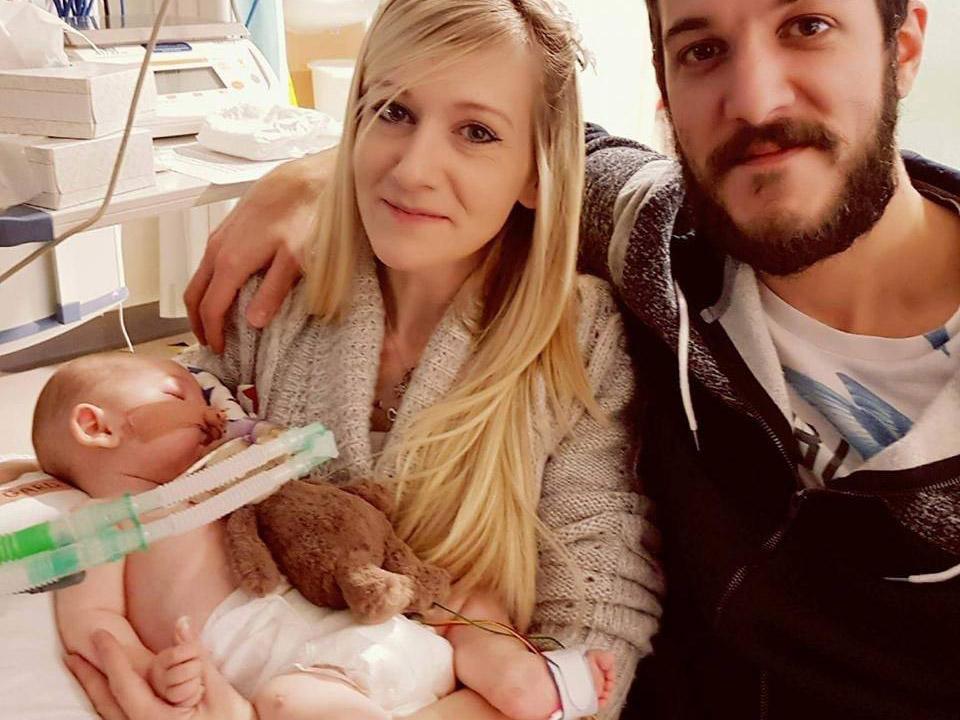 Charlie Gard and his parents.
Charlie Gard and his parents.
Charlie seemed like any other healthy baby when he was born. His parents,
Charlie's doctor's at
His parents saw it differently. A doctor in
Still, the hospital was open to the idea before Charlie's condition deteriorated and he began to suffer from extreme seizures, caused by a brain disorder called epileptic encephalopathy. The doctors decided that the experimental therapy wouldn't be therapeutic, never mind curative. It would only stretch out the infant's suffering and the parents' agony.
Legal battles ensued. Crowdfunding efforts were launched. Petitions signed. Tabloids unleashed their fury, sometimes cruelly hyping the likelihood of a cure. The case went all the way up the ranks of the British legal system and then, on final appeal, to the
But earlier this month,
From everything I've read and the doctors I've talked to, that sounds extremely unlikely. The theoretical window for nucleoside therapy to have helped has almost certainly closed. Charlie is brain damaged on a cellular level. He can't breathe without a ventilator. The doctors and courts believe it would be best for Charlie to pass as peacefully and as comfortably as possible.
Still, the parents are undaunted. As father
If I were counseling them, I would suggest it's time. But if I were their doctor or one of the judges presiding over the case, I would let them take their baby for treatment.
Some of my friends on the right, for understandable and laudable reasons, want to make this case all about the right to life, euthanasia and various appeals to hope or faith.
I see it far more as a matter of due process. In every liberal democratic country dedicated to the rule of law, the state has to jump through hoops to deny citizens their rights. Even when the state knows a criminal is guilty, it still must go through the motions and prove its case.
Charlie's parents aren't criminals, they're distraught parents. And parents have rights. They aren't absolute rights. Parents can't kill their children or let them die through inaction.
But the state can.
Societies depend on the principle that parents are their children's best guardians. It's appalling for the state -- particularly one that runs the health-care system -- to claim that it, not the loving parents, have the final say.
Comment by clicking here.
Jonah Goldberg is a fellow at the American Enterprise Institute and editor-at-large of National Review Online.


 Contact The Editor
Contact The Editor
 Articles By This Author
Articles By This Author